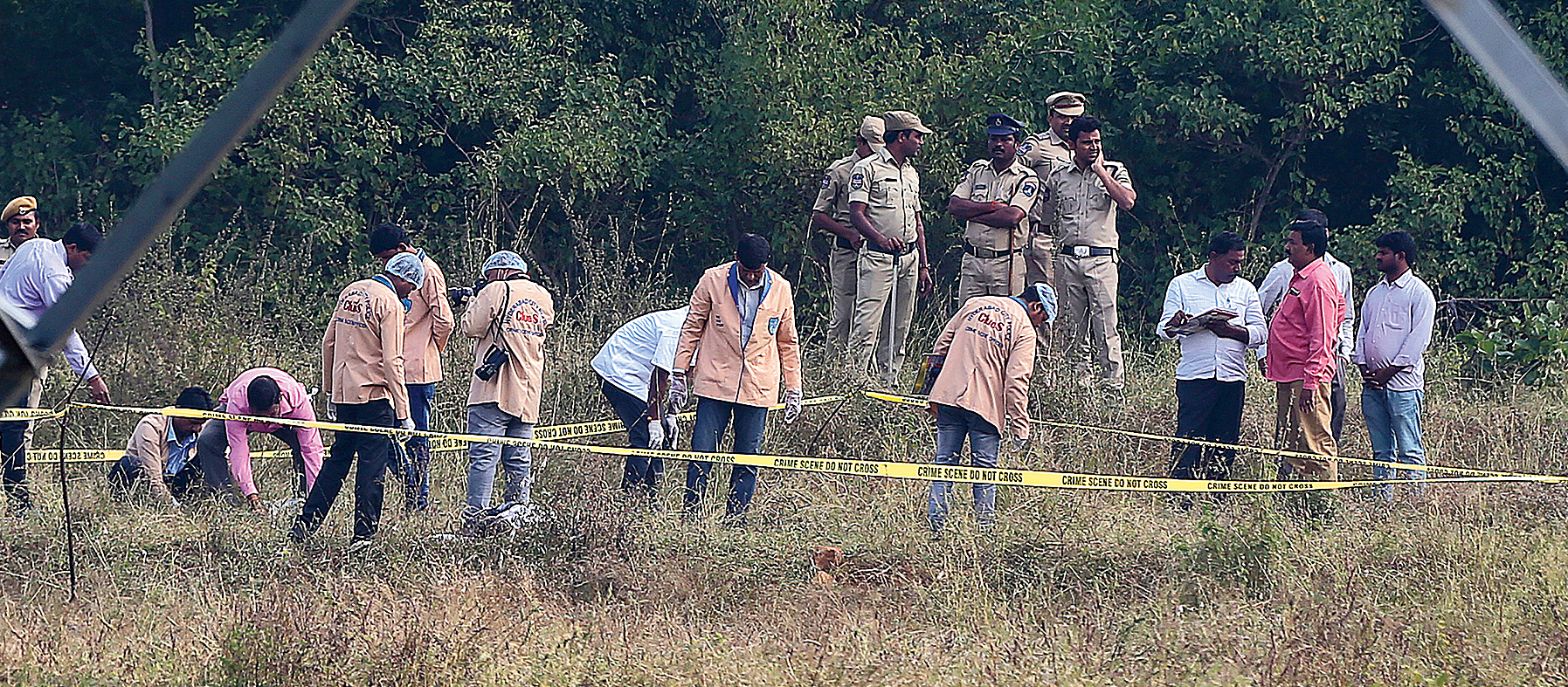The Supreme Court has repeatedly ruled that any alleged extra-judicial killing requires a thorough probe, and by an independent agency to ensure fairness as well as perceptions of fairness.
It has also held that if the investigation indeed points towards a fake encounter, the security personnel involved must be booked for murder.
“An allegation of use of excessive force or retaliatory force by uniformed personnel resulting in the death of any person necessitates a thorough enquiry,” a five-judge constitution bench had ruled in 1998 in Naga People Movement of Human Rights vs Union of India.
On July 8, 2017, the top court had in Extra Judicial Execution Victim Families Association vs State of Manipur, Union of India and others rejected the central and Manipur governments’ argument that security personnel enjoy a degree of immunity when they kill criminals in the discharge of their official duties.
The then bench of Justices Madan B. Lokur (now retired) and U.U. Lalit had directed a CBI probe into allegations that the police and armed forces had killed 1,528 people in fake encounters between 1985 and 2001. It had ruled that the accused personnel did not enjoy any immunity from prosecution under the Armed Forces Special Powers Act.
In R.S. Sodhi vs State of UP and others, 1994, relating to the death of 10 people in an alleged encounter between the police and Punjab militants
in 1991, the apex court had said: “We think that since the accusations are directed against the local police personnel, it would be desirable to entrust the investigation to an independent agency like the Central Bureau of Investigation so that all concerned, including the relatives of the deceased, may feel assured... and that would lend the final outcome of the investigation credibility.”
It had added: “However faithfully the local police may carry out the investigation, the same will lack credibility since the allegations are against them.”
In Md Anis vs Union of India, 1994, the apex court had observed: “Fair and impartial investigation by an independent agency, not involved in the controversy, is the demand of public interest. If the investigation is by an agency which is allegedly privy to the dispute, the credibility of the investigation will be doubted and that will be contrary to the public interest as well as the interest of justice.”
In Rubabuddin Sheikh vs State of Gujarat, 2010, the Supreme Court had directed the CBI to probe the killing of alleged gangster Sohrabuddin Sheikh. Several police officers besides present home minister Amit Shah — Gujarat home minister at the time of the killing — were accused but a special CBI court later discharged Shah.
In 2014, hearing a public interest plea from the People’s Union for Civil Liberties, the bench of Justices R.M. Lodha and R.F. Nariman had acknowledged the police faced a “difficult and delicate task, particularly (facing) hardcore criminals, like extremists, terrorists, drug peddlers, smugglers who have organised gangs”, but asserted the law-keepers must deal with them “by following rule of law”.
Since there were allegations that police in various parts of the country carried out fake encounters, particularly in Andhra Pradesh, to wangle out-of-turn promotions, the top court said no such rewards should be conferred on accused police personnel.
“No out-of-turn promotion or instant gallantry rewards shall be bestowed on the concerned officers soon after the occurrence. It must be ensured at all costs that such rewards are given/ recommended only when the gallantry of the concerned officers is established beyond doubt,” the court said.
“If on the conclusion of investigation the materials/ evidence having come on record show that death had occurred by use of firearm amounting to offence under the IPC, disciplinary action against such officer must be promptly initiated and he be placed under suspension.”










